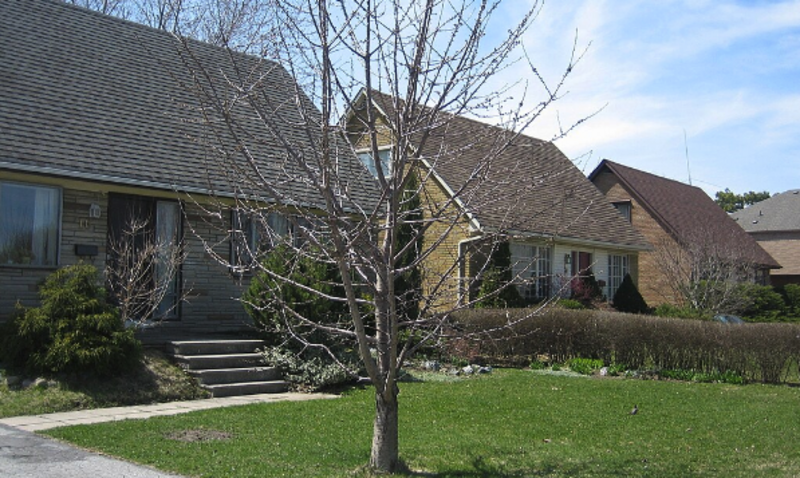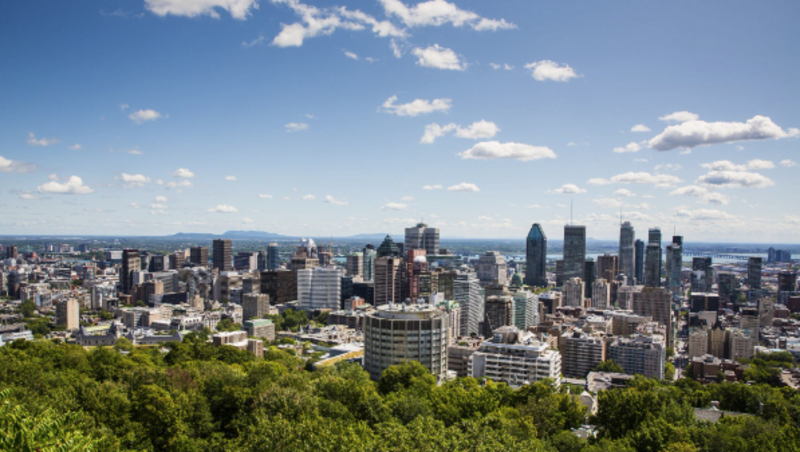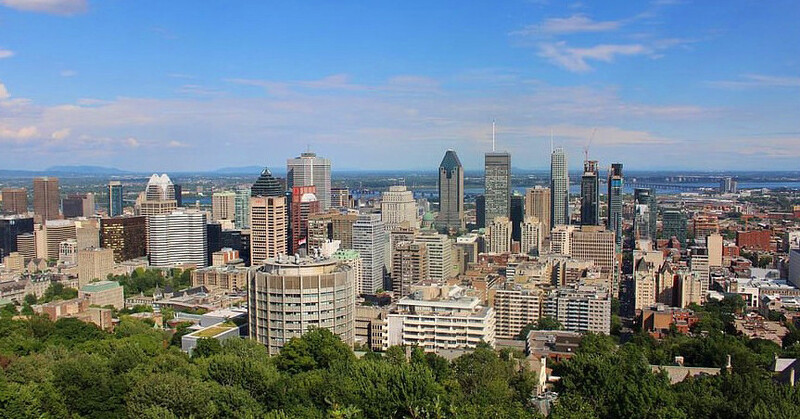As the cruise industry booms, cruise lines are increasingly offering longer-term voyages to appeal to cruisers who want to leave behind the lowly life of a landlubber.
Driving the news: Major cruise lines like Norwegian and Holland America have made longer voyages part of their plans for this year, Princess’ longest voyage ever will set sail in 2025, and Royal Caribbean's ongoing nine-month cruise has become a TikTok sensation.







.jpg)

